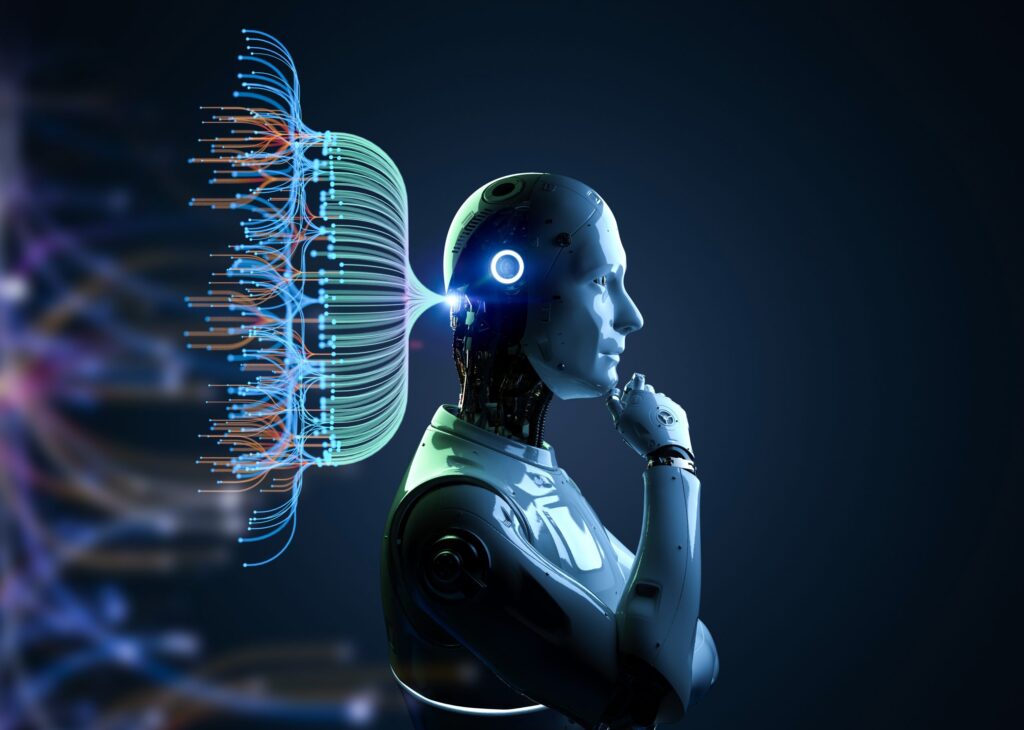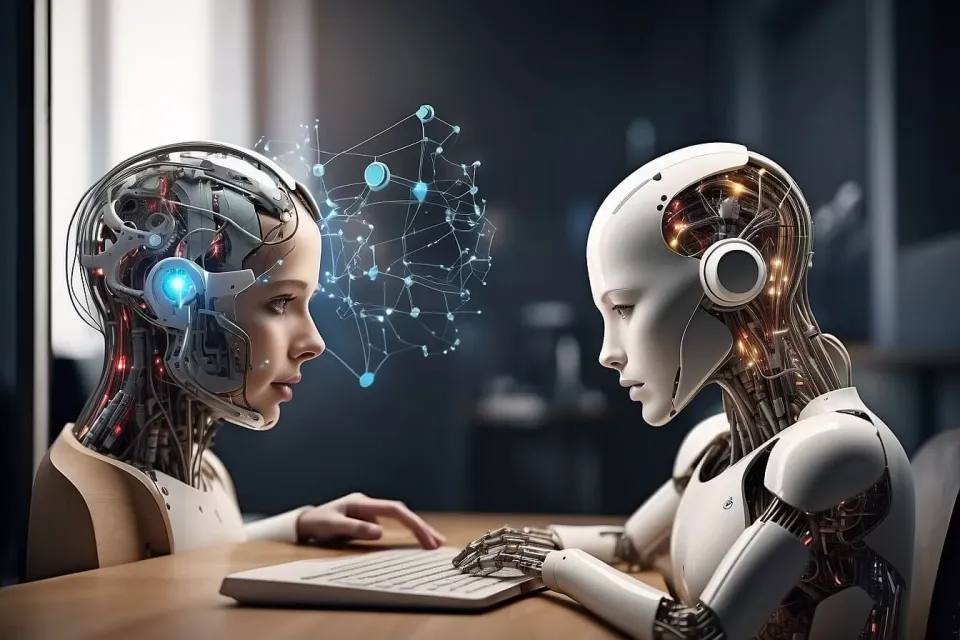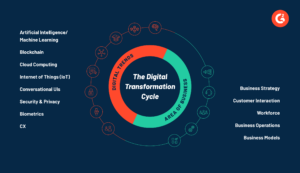Technology is rapidly evolving and transforming various aspects of daily life, from work to consumption. Four major technological trends will shape the future in the coming years: Artificial Intelligence (AI), Augmented Reality (AR) in e-commerce, 5G, and digital security. In this article, we will explore each of these innovations and their impact on society.
1. Artificial Intelligence and the Future of Work
Artificial Intelligence is already revolutionizing the job market, optimizing processes, and driving automation. Companies across various sectors use AI to improve efficiency, reduce costs, and enhance customer experience.
Impact of AI on the Job Market
- Automation of repetitive tasks: Many administrative and operational jobs are already being replaced by robots and automated systems.
- Creation of new professions: Professionals specializing in AI, data science, and machine learning engineering are increasingly in demand.
- Improved productivity: AI tools assist in data analysis, marketing optimization, and automated customer service.
Challenges and Opportunities
- Technological unemployment: Workers in automatable sectors need to reinvent themselves.
- Professional training: Online courses and technical training are essential for adapting to the new scenario.
- Ethical use of AI: Regulations and transparency in AI usage are crucial to prevent algorithmic discrimination and data breaches.

2. Augmented Reality and the Future of E-commerce
Augmented Reality (AR) is changing the way consumers interact with products before purchase, providing more immersive experiences.
How AR is Revolutionizing Online Retail
- Virtual try-ons: Clothing and accessory stores allow customers to try products virtually before buying.
- Home decor and furniture: Platforms like IKEA Place enable users to visualize furniture and decor items in their real environment.
- Enhanced user experience: AR reduces consumer uncertainty, decreases returns, and increases satisfaction.
Opportunities for Businesses
Companies investing in AR are ahead of the curve, creating competitive advantages and increasing audience engagement. Tools like interactive Instagram filters and virtual fitting rooms are already trending and are expected to grow further in the coming years.
3. The Impact of 5G on Everyday Life and Business
The arrival of 5G promises to revolutionize connectivity, bringing higher internet speeds, lower latency, and more simultaneous device connections.
Key Benefits of 5G
- Ultra-fast speed: Downloads and uploads will happen in seconds.
- Low latency: Essential for autonomous cars, remote surgeries, and online gaming.
- Expansion of the Internet of Things (IoT): Smart cities, connected homes, and Industry 4.0 rely on this technology.
How 5G Will Transform Different Sectors
- Healthcare: Telemedicine and advanced robotic surgeries.
- Entertainment: High-quality streaming and immersive experiences.
- Industry: Enhanced industrial automation and efficient logistics.
Despite the advantages, challenges such as infrastructure and cybersecurity still need to be overcome before 5G reaches its full potential.
4. Digital Security in a Connected World
With increasing digitization, online security has become a global concern. Cyberattacks are becoming more sophisticated, making it essential to adopt good protection practices.
Major Cybersecurity Threats
- Phishing: Attempts to steal personal data through fake emails and messages.
- Ransomware: Data hijacking in exchange for financial ransoms.
- Data breaches: Companies and individuals need to protect their information from hackers.
How to Stay Safe in the Digital World
- Use strong passwords: Complex combinations and two-factor authentication.
- Keep software updated: Always update systems and antivirus software.
- Digital education: Awareness of online scams and security best practices.

Technology will continue to evolve and impact the job market, retail, connectivity, and digital security. Artificial Intelligence will create new opportunities, Augmented Reality will transform e-commerce, 5G will revolutionize connectivity, and digital security will become increasingly essential.
Companies and individuals who adapt to these changes will be better prepared for a highly digitalized future. Staying updated on these trends and investing in knowledge are fundamental steps to fully benefit from technological innovations.





